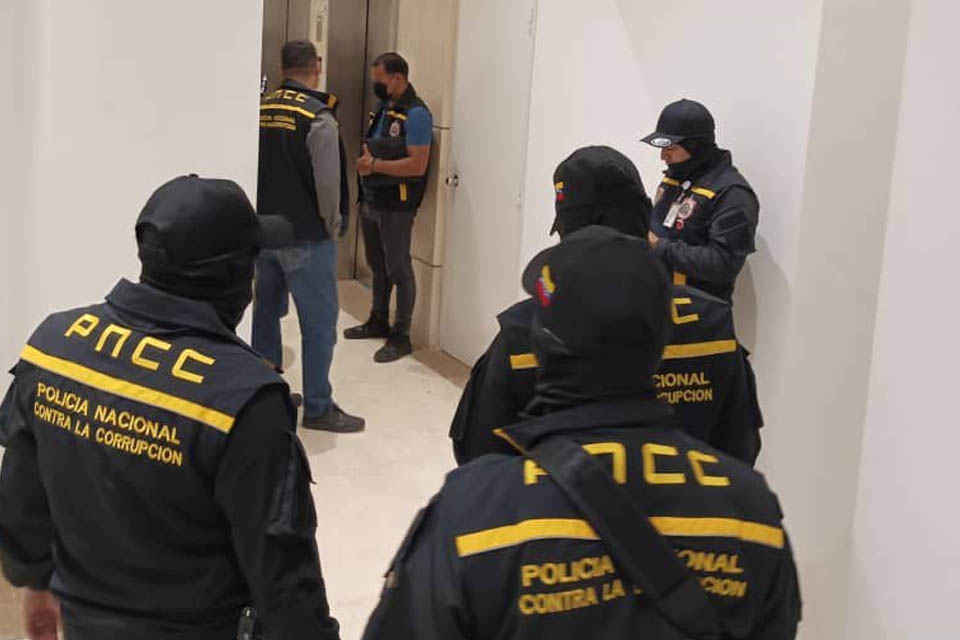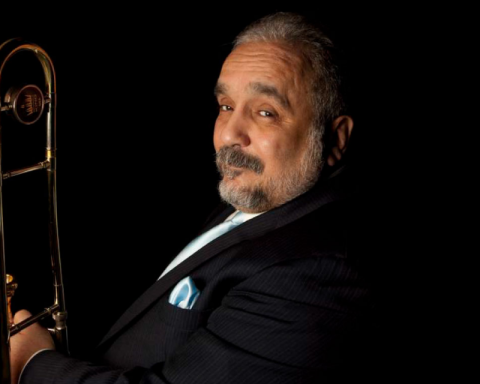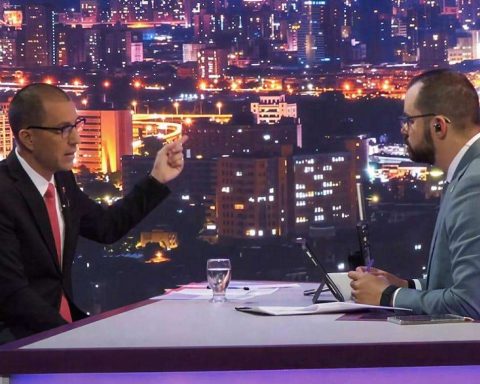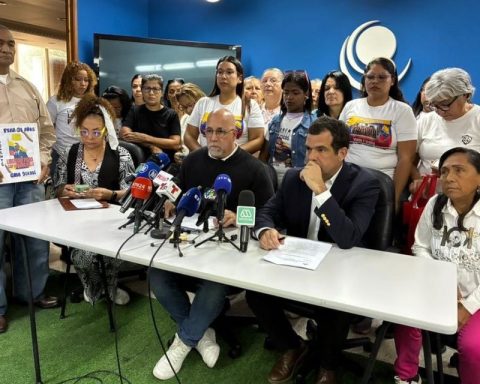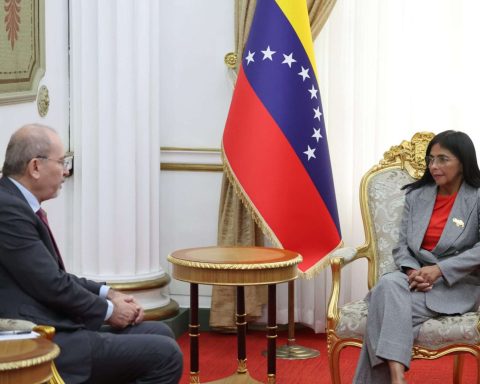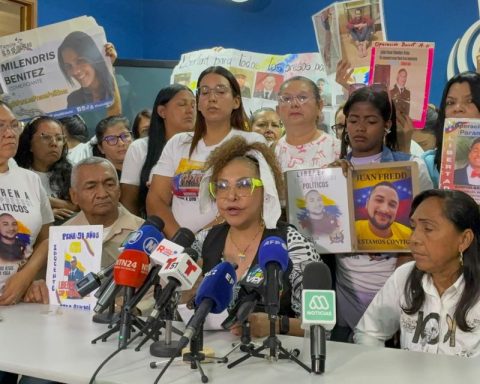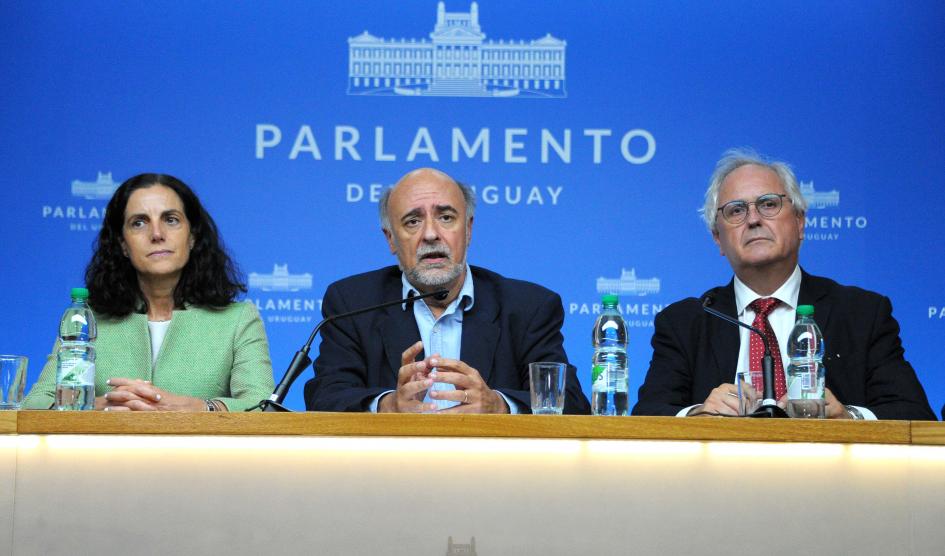The Anti-Corruption Police has managed its operations under total secrecy since 2014, when it was created via the Enabling Law by President Nicolás Maduro. There is hardly any digital trace of this body, which receives information from all the country’s integral defense bodies and even has the power to dispose of the national structures of criminal investigation bodies for its objectives.
On March 17, a statement read from the state channel Venezuelan Television (VTV), put on alert about an anti-corruption operation by a security body, although not unknown within the ruling party, with few known revenues to its credit.
The National Police against Corruption (PNCC) was created on November 25, 2014, as part of the National Corps against Corruption, an organization formed via Enabling Law by Nicolás Maduro. This police force, which reports directly to the Presidency of the Republic, has since then managed its operations under absolute secrecy and with an operational capacity that overlaps with all the security and integral defense branches of the country.
On March 20, after learning of several arrests and the Tareck El Aissami resigns As Minister of Oil for a corruption plot in PDVSA, President Nicolás Maduro assured that he “personally” conducts the operations “with the Anti-Corruption Police, the Bolivarian National Intelligence Service (Sebin) and other bodies to dismember these mafias that have become entrenched in important sectors of the economic, legal and political apparatus of Venezuela”.
pdte @NicolasMaduro He personally conducts the investigations, in conjunction with the National Anti-Corruption Police, SEBIN, and other security forces, “to dismember these mafias that have become entrenched in sectors of the economic, political, and judicial apparatus of Venezuela.” pic.twitter.com/vfNerggH7R
– Presidential Press (@PresidencialVen) March 21, 2023
Until now there is no official balance of the arrests carried out by these security organizations. The president of the 2020 National Assembly, Jorge Rodríguez, assured that until March 21 they were going to 19 detainees among senior officials, judges, a PSUV deputy and the mayor of the Santos Michelena municipality of Aragua state, Pedro Hernández.
But according to the same decree of creation of the National Body against Corruption, it is in the hands of Maduro to “declare the secret, reserved or limited disclosure nature of any information, fact or circumstance that, in the performance of his duties, he is aware of” this organism.
The National Corps Against Corruption is also given power, prior coordination with the Public Ministry and with the authorization of the courts, over the application “of special investigative measures by the agents”, without at any time explaining what these would be. special procedures.
Anti-Corruption Police = secret
The mission of this body, as can be seen from its creation decreeis to plan and execute preventive, investigative and operational actions against corruption in order to prevent, combat, prosecute and punish this crime.
It was also noted that “the identification, location and deployment of the members of the National Corps against Corruption will be classified as secret and cannot be disclosed under any circumstances.”
The members of this body are selected, according to the decree, by the Strategic Center for Security and Protection of the Homeland (Cesppa).
Even in criminal proceedings where the appearance of the Anti-Corruption Police is required, their presence will be replaced by the responsible Public Ministry official “who coordinated the actions in which the agents intervened.”
When doing a review on social networks or search engines, the information sent to the National Anti-Corruption Police only refers to the operation that began on March 17 of this year or the decrees of its creation. An account that is awarded as this security body circulates on Twitter, but it is not confirmed.
The National Anti-Corruption Police conducted a review at Sunacrip after the arrest of Joselit Ramírez, accused of being involved in a plot where 3,000 million dollars were diverted from PDVSA through cryptocurrencies. Photo: Twitter
After its creation in 2014, General Commissioner José Humberto Ramírez, who came from being Vice Minister of the Integrated Criminal Investigation System; while the National Anti-Corruption Police was left under the command of Colonel Julio César Mora Sánchez from Zul, who later also went on to preside over the Financial Intelligence Unit (UNIF). Since then it is unknown if there were any changes in the directives.
A lawyer and specialist in criminology consulted for this work, and who requested that his identity be reserved, pointed out that it is not clear where the officers of this Police come from. “In a country without institutions it is practically impossible to have a true independent supervision of this type of police force.”
He also highlighted that, although the National Anti-Corruption Police does not legally depend on Sebin or the Dgcim, they probably do so operationally. “If they really existed since 2014, they never acted relevantly against corruption from that date until the start of this operation.”
When reviewing the articles that give shape to the PNCC, it can be seen that in addition to working with the National Office against Organized Crime and Financing of Terrorism, this police force may carry out its operational activities having -prior coordination with its authorities- any criminal investigation in the country.
Regarding the information, they are obliged to contribute from the Public Ministry, any other investigative body and all the investigative bodies of the nation’s comprehensive defense system (Armed Forces and Ministry of Defense).
They may also receive data (article 11) “on the informational basis of community dissemination, intelligence and social control.”
*Read also: Who are those involved in the PDVSA corruption plot?
For the NGO Espacio Público, in a analysis published in 2015, this decree restricts two fundamental human rights such as access to public information and due process. «These rights can only be restricted by formal laws that have been approved by the National Assembly following the constitutionally established procedure for it. As it is a Decree with Rank, Value and Force of Law, it does not fill the extremes to restrict or limit in any way a human right”.
Espacio Público also highlighted that no guarantees of independence or objectivity were established in the exercise of the functions of these officials. The NGO made it clear that they did not have “eligibility criteria for them in such a way as to suggest the professionalism of the investigative agents or members of the board. Nor does it raise any element of citizen participation either in the appointment or in the comptrollership of this entity.
Post Views: 418
